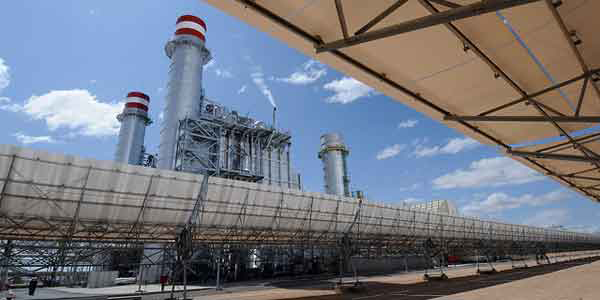Our Approach
- Working with key government agencies such as the Planning Ministry, Environment Ministry and the Ministry of Finance, an institutional framework for environmental accounting is established. The involvement of all key stakeholders, including the private sector and NGOs, helps develop the implementation plan for WAVES. It is critically important to identify a highly motivated ‘champion’ within the government to lead the effort.
- A feasibility study identifies the critical natural resource policy issues, key entry points for policy making and relevant components of environmental accounts. For example, a policy issue could be how to make best use of critical ecosystems, balancing tourism activities with commercial agriculture, subsistence production, and services like flood mitigation and groundwater recharge. An assessment of data availability and technical capacity is key.
- The results of the feasibility study are central to forming a four-year work plan for environmental accounting. This includes determining which components of environmental accounts will be built and in what order, identifying the data to be collected and how to compile the accounts, the roles of different agencies, as well as establishing a plan for strengthening technical capacity. The most important question tis what policy issues will this information answer.



